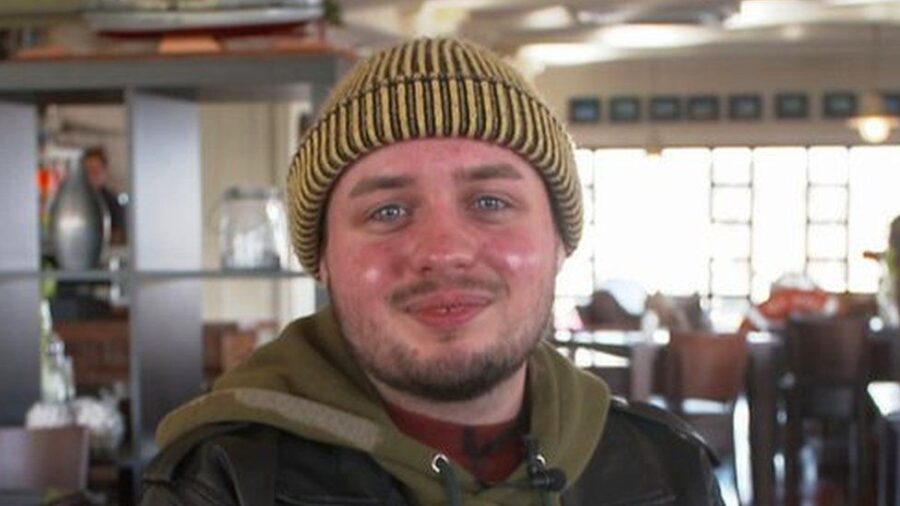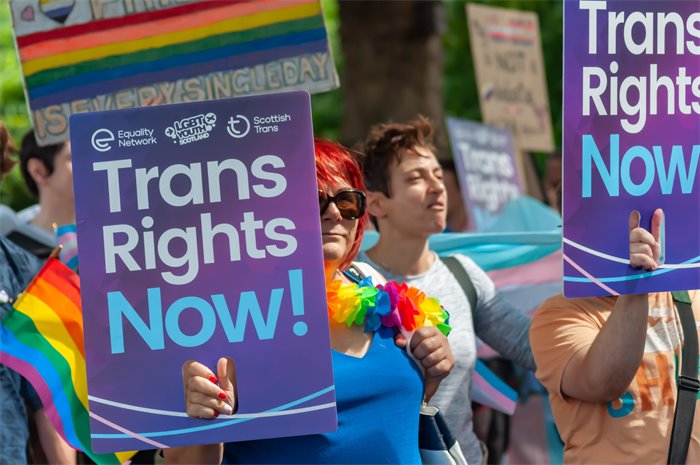The Scottish government has committed to making it easier for trans people to have their gender legally recognised, according to the BBC NEWS
It has been a hotly-contested issue, with critics voicing concerns about the potential implications for women of allowing people to self-identify their gender.
A survey conducted for the BBC suggests a general sympathy towards trans people accompanied by uncertainty and hesitation around the details of the changes.
On almost all the questions there was a clear age divide, with the under 35s much more inclined to take a position more sympathetic to reform.

‘You can’t understand somebody’s situation until you speak to them’
 Alex says the majority of the conversations in the debate happen without trans people being present
Alex says the majority of the conversations in the debate happen without trans people being present
“I was born female and now I’m completely male,” Alex from Arbroath told BBC Scotland.
“For me, gender is a spectrum and I feel mainly close to the masculine end and I’ve never, ever identified as female.”
The 27-year-old came out as transgender about five years ago and, after attending a gender clinic in Glasgow, has been treated with hormones for three and a half years. Four months ago he had “top surgery”.
He says: “Now, I actually know what it’s like to be happy. I don’t think I was ever happy before. I feel comfortable. I feel good about myself.”
Alex does not have a gender recognition certificate, the document that shows that a person has satisfied the criteria for legal recognition in the acquired gender.
He says the process is expensive, lengthy, bureaucratic, and “relies on other people to decide who you are”.
But he has been gathering evidence of all the landmarks on his journey for if he does apply.
For Alex, the majority of the conversations in the debate happen without trans people being present.
“You can’t understand somebody’s situation until you speak to them or you live in their shoes,” he says.
He says that the majority of the public is not too concerned about the issue.
“I think there’s just a select few who care too much and look into it too much, and it doesn’t affect them in any possible way,” he says.
Image sources: Holyrood




